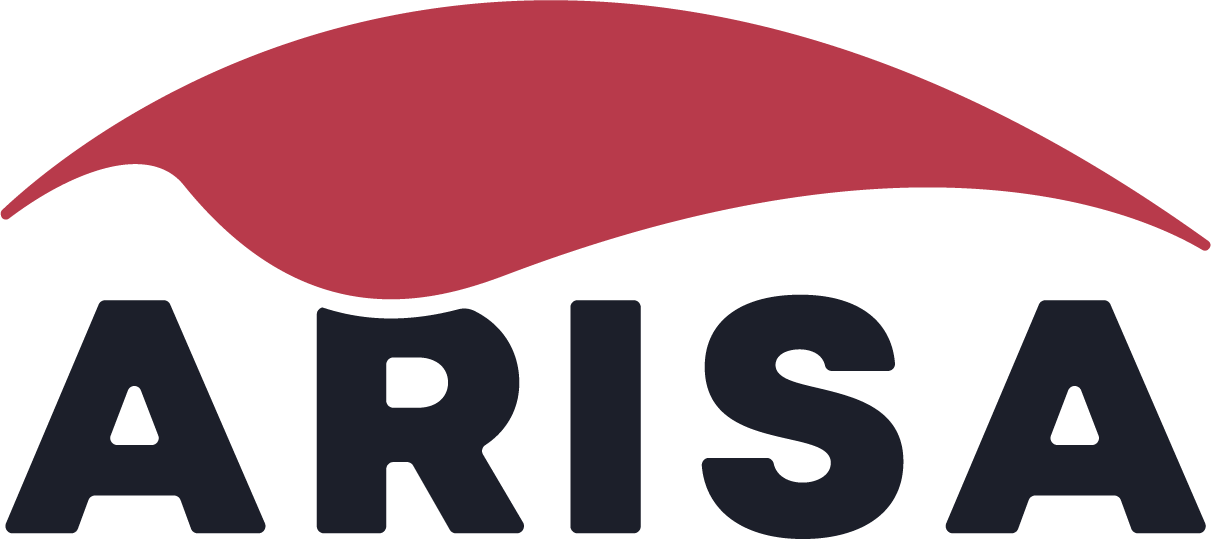According to the United Nations Global Compact and the Organisation for Economic Co-operation and Development (OECD) guidelines, companies are responsible for knowing their value chain. Read more below.
Why supply chain transparency?
According to the United Nations’ UN Guiding Principles on Business and Human Rights (UNGPs) and the Organisation for Economic Co-operation and Development’s OECD Guidelines for Multinational Enterprises, companies have a responsibility to know their value chain. External disclosure of the chain – that is, which other companies the company interacts with, upstream or downstream in the chain, and details of each interaction, such as supplier–buyer relationships – is essential to ensure the company assesses, identifies, addresses and prevents all its human and labour rights abuses and risks.
In short, transparency – or disclosure – is essential for due diligence.
Supply chain transparency is also essential for workers’ safety and the protection of their and other stakeholders’ rights. It improves access to redress for aggrieved workers and communities.
Full access to supply chain information enables workers and the organisations that represent them, such as trade unions, to engage with companies when problems arise and human and/or labour rights are violated or at risk at different points in the chain. Trade unions and civil society organisations can then hold companies accountable for addressing abuses and risks. Only in this way can a well-informed dialogue take place.
In addition, supply chain transparency enables collaboration between companies that source from the same suppliers. Companies often work with many different suppliers and subcontractors. Labour rights issues require a coordinated approach and can be addressed more effectively when companies work together. However, companies need to be able to find out which other purchasing companies buy from their suppliers.
Knowing and disclosing the supply chain
By supply chain transparency, Arisa means that companies should publicly disclose the names and addresses of their suppliers – from raw materials to finished products – and their buyers. This includes information about their direct suppliers, such as exporters of the stone slabs, clothing, vegetable seeds and leather shoes they buy, to suppliers further down the chain at the level of quarries, spinning mills, cotton producers and tanneries.
Arisa expects companies to publish not only basic information (names and addresses) but also more detailed information about the actors involved in their supply chain. This includes, for example, the exact location of factories, information on the parent company, what production process is carried out at the site, information on workers (men and women, migrants), wages and the presence of trade unions at each site. This information improves understanding of often opaque supply chains where, for example, several companies are registered at the same address or different companies have the same name.
Supply chain transparency still too limited
While recent reports show that companies are becoming more transparent about their supply chains, this is happening too slowly and the information available is still too limited. In addition, companies appear to provide little information about their supply chains beyond the direct suppliers of finished products. This is problematic as labour rights abuses such as child and forced labour often occur further up the chain.
Making supply chain transparency mandatory
To increase accountability and create a level playing field between companies, governments should make supply chain transparency a legal requirement. They can promote transparency through reporting requirements or as part of due diligence obligations. This should always include a minimum standard of supply chain disclosure.
Governments can also promote transparency by publishing customs data on the import and export of goods. The European Union does not yet do this, unlike the United States, for example.
When companies disclose their supply chains, they and their stakeholders can better identify and address human and labour rights abuses and risks.
Arisa expects companies to:
- Map the entire production chain – from raw materials to finished products and beyond, such as waste or recycling.
- Publish for all production sites the company name, location, and details of workers, wages and union representation.
- If they have not yet achieved full chain transparency, publish information on the concrete and time-bound steps they will take to achieve it.
Where companies participate in improvement initiatives, Arisa expects them to:
- Commit to mapping the entire chain and making this information public, for example through Open Supply Hub.
- Publish supply chain information using industry-wide databases where these exist.
Arisa expects governments to:
- Pass legislation requiring companies to publish supply chain information.
- Disclose customs data on imports and exports.
Read more
The discussion paper Shine a light on leather co-published by Together for Decent Leather and SOMO, sets out the supply chain information companies should publish. Although the paper focuses on the leather sector, the information applies equally to other sectors.
Read about other due diligence priorities below
Stakeholder engagement
Information from stakeholders - especially local stakeholders - in the due diligence process is an essential complement to risk assessments, which are often one-sidedly based on audits.
Read moreDue diligence
When Arisa identifies abuses in production chains, we approach companies and point out the need for due diligence.
Read moreGrievance mechanism
Effective grievance mechanisms, or complaints mechanisms, are a critical part of the due diligence process for companies committed to respecting human and labour rights in their supply chains.
Read more